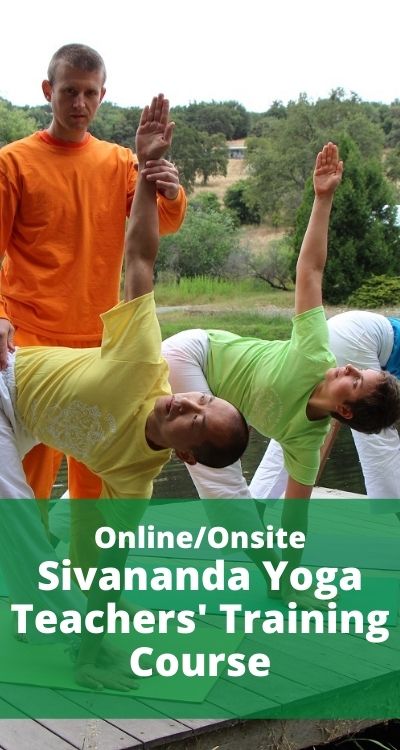This video is for anyone who wants an introduction to the details of permaculture, how important it actually is, and the impact it can have on a local level, on a local climate, through coming together as a community and using our shovels.
The teacher in the video is Lydia Nielsen, who co-teaches our Permaculture Design Certification at the Yoga Farm each year. Learn more about the program here.
Transcript
We don’t have to wait for all of our governments to get together and sign agreements to reduce our carbon emissions. There are things we can do as communities to bring stability to what is happening on the planet. That is the big message of permaculture.
Permaculture is a design system based on connections and relationships. The idea was put forth by two Australians: Bill Mollison and David Holmgren. They met in a university setting and their joint conclusion about the problem with academia was that it was all very compartmentalized.
They agreed that people could be thinking more interdisciplinarily, looking at relationships and how actions interacted with other fields instead of staying isolated. As their model, they saw the forest as the epitome of this system where things are all connected.
The Forest as a Design Model
If you think about it, the forest doesn’t need to go to the nursery to buy any mulch or any plants. It does not need anything to be hauled away to bags on the curb, or to have anything brought to the dump.
The forest is a self-sustaining system where it provides everything that it needs, and it utilizes and enhances every piece of everything that is given to it i.e through the rain, nutrients and sun. The forests are responsible for why we have moisture and more plant life further inland on continents.
The first pieces of understanding permaculture are the permaculture ethics. There are many ecological design systems that similarly related in their connections, resilience, and self-sustaining nature. Permaculture puts everything into ethics: what are we here to do? We are here to take care of the Earth: to repair, conserve and regenerate.
Designing for Society
We are here to take care of people: we cannot have a healthy planet if we don’t have healthy people and vice versa. To seek peace, to guard human rights everywhere, to love everybody’s children no matter what political persuasion, what country they live in, or how many resources they use.
People care guides to all love and respect each other, see each other, and honor each other from where we are right now. Recognizing that today is a new day and we can all make a new choice, no matter what our past actions. At the end of the day, we all want our children to have a beautiful and healthy place to live.
Share the Abundance
The third ethic is fair share: investing all capital, intelligence, labor and resources to ensure the future of the previous two ends – people and earth care. These ethics outline our mission, right now on the planet, which is getting more and more important every day.
Permaculture Principles
Permaculture also has a set of principles, such as working with nature not against, making greatest change through least effect, and indicators of sustainability that are drawn of self-sustaining, natural systems.
You could spend days or weeks spending time looking into the principles. The principles are filters for design and decision making – is this an intelligent, ecologically and socially responsible thing to do?
If you want to learn more, you can look up “The 12 Permaculture Principles”. Eric Ohlsen of the Permaculture Skills Center in California, has some great videos on these principles.
Permaculture for Resilience
Permaculture helps us build resilience, so when we come into periods of stress, crisis and emergency, we have a default of ethics and principles to follow on the path to rebuilding and healing the planet. In this way, we come to have more security, resources, and resilience without having to steal from others or ravage the planet.
Listen to the full video above for more on the details of permaculture.



